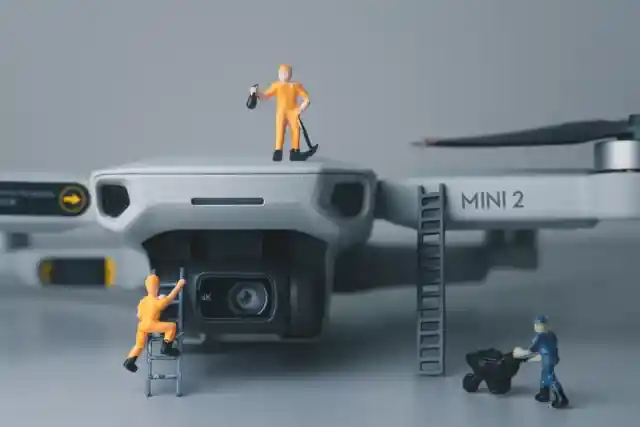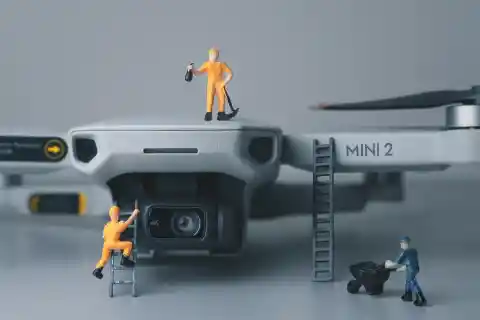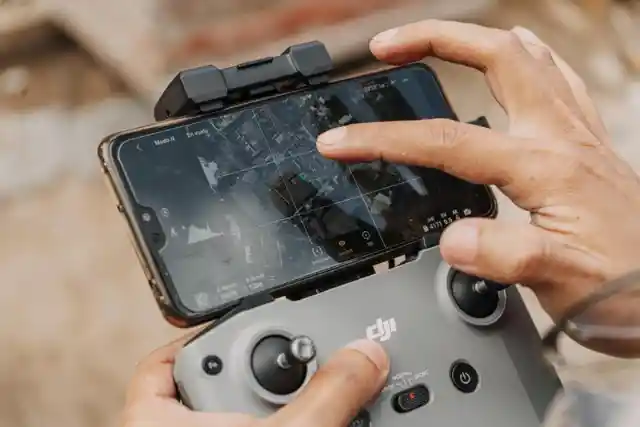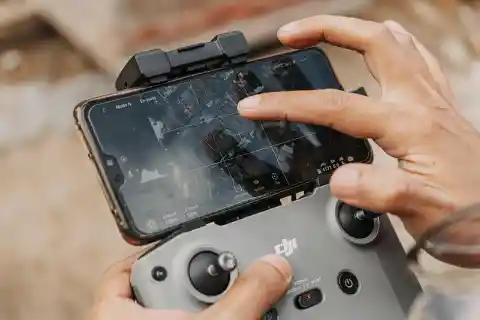There are talks of a revolutionary future for metropolitan air transportation. The idea is to use piloted air taxis and drones for deliveries. The system will result in significant changes, especially in emergency situations like medicinal deliveries. However, Daniel Cuppoletti, an aerospace engineer at the University of Cincinnati, feels that the idea presents a problem. The constant flying of these vehicles will create too much noise pollution.


The New Method
Cuppoletti first came across the idea at a 2018 summit run by Uber. Even though excited about the prospect, he thought that especially the problem of noise would be hard to ignore. He has been researching the issue with his colleagues at the university and found that even when connected to electric engines, the whoosh and whir of the propellers produce a lot of noise. Even The European Union’s Aviation Safety Agency has reported safety, noise, and security as the top three concerns for drones.
The Solution
Cuppoletti and his students recently presented their research at the Science and Technology Forum and Exposition. The research focuses on finding ways to reduce the noise made by drones. He uses methods like changing the configuration rotors. Cuppoletti has stated that if the sound issue isn’t fixed before the plan is underway, it will either take a lot of money to fix it later or will narrow the market scope considerably.


An Alternate Fix
Another way is to ensure that the route taken by these air vehicles is already noisy. Antonio Torijs Martinez from the University of Salford, Manchester experimented to gauge the responses of people when faced with loud sounds. The results showed that participants became much less annoyed by the drone noises when they were in high traffic areas as opposed to quiet residential ones.